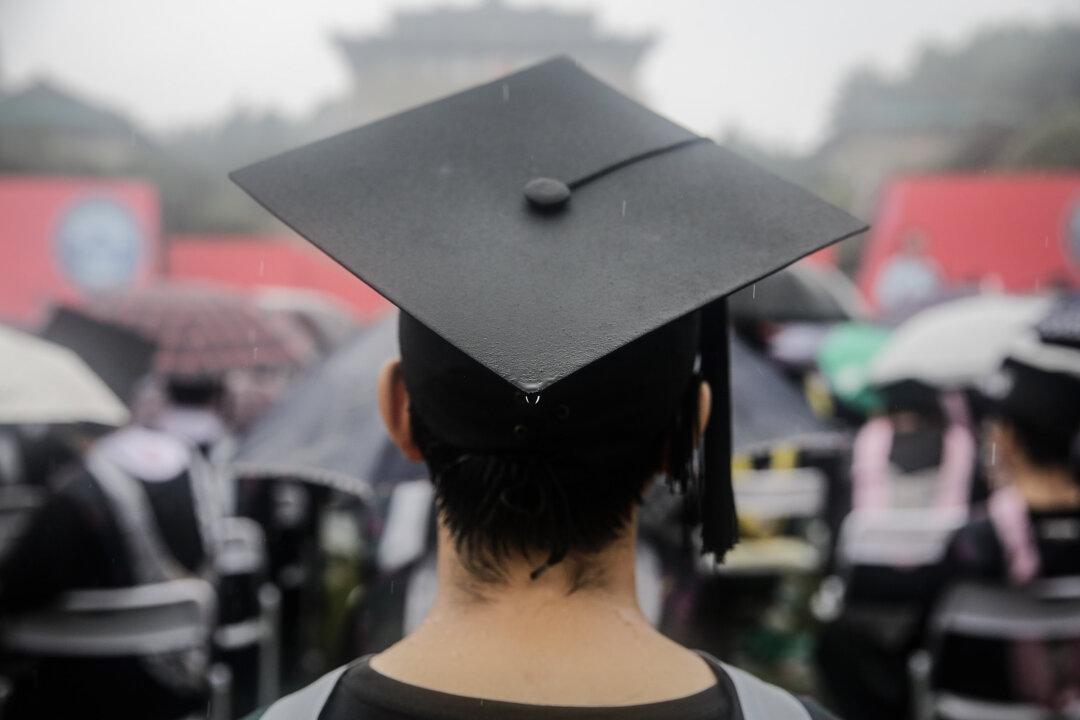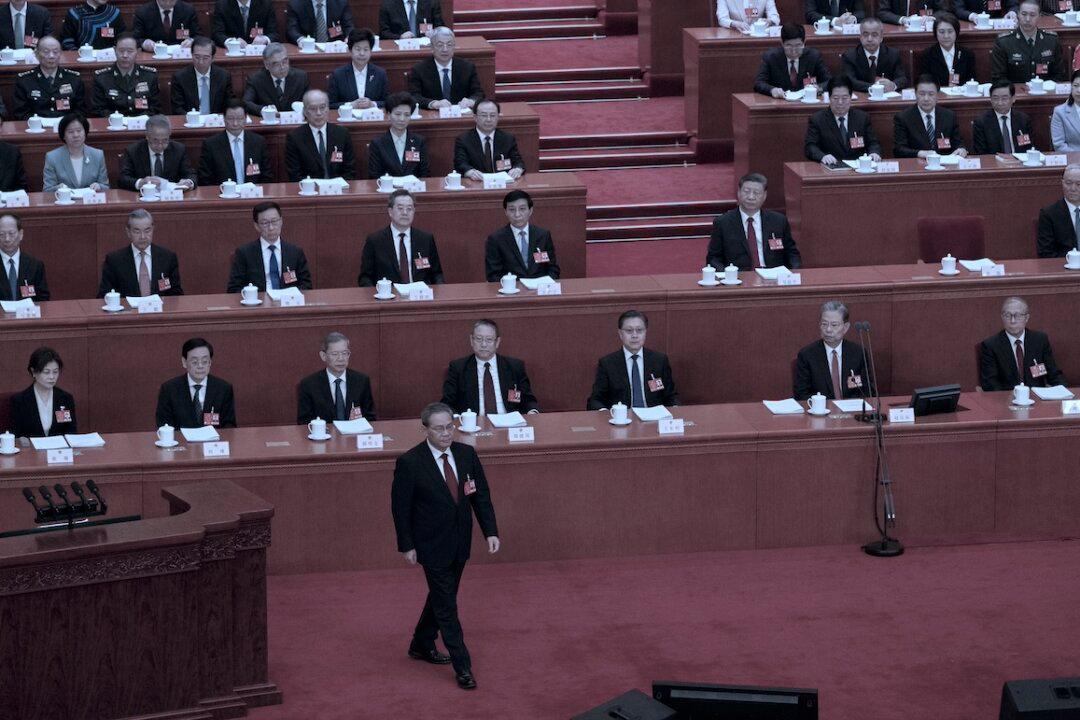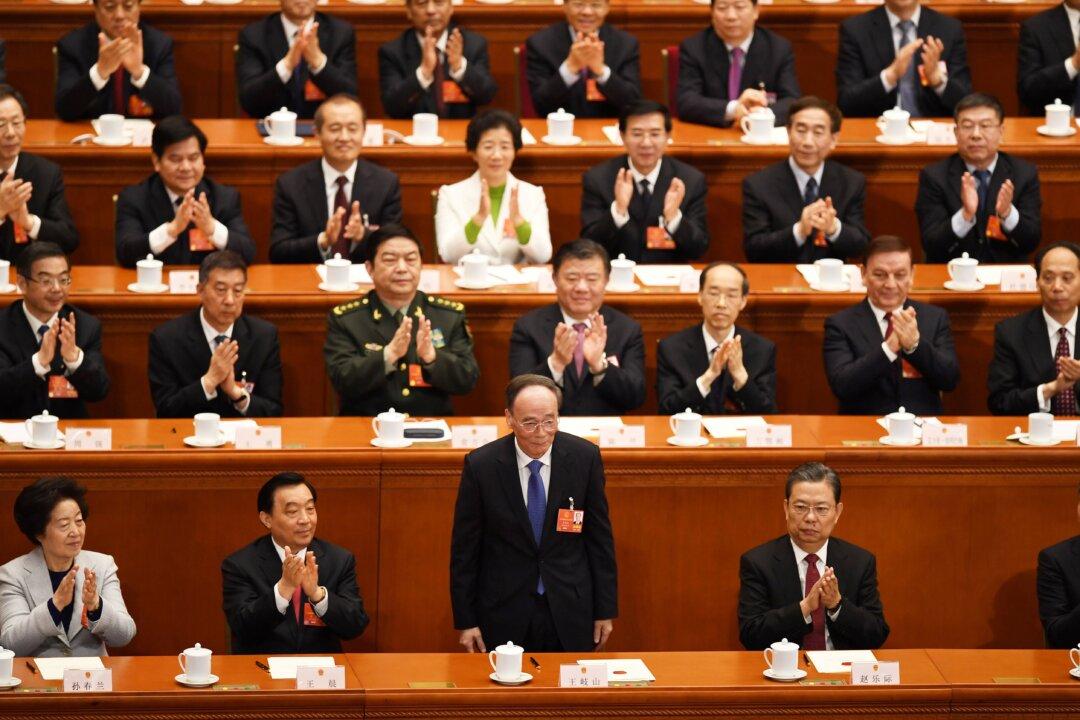Rampant corruption and academic fraud in China are driving the flow of fake academic papers, according to a university president.
On May 18, Rao Yi, the president of the Capital University of Medical Sciences, published a blog in the form of student-teacher dialogue on his social media account, alleging corruption in Chinese academic circles. The post begins with a disclaimer that it is a fable, but if readers felt it had similarities to the truth, they were free to believe it, possibly to evade Chinese censorship.




